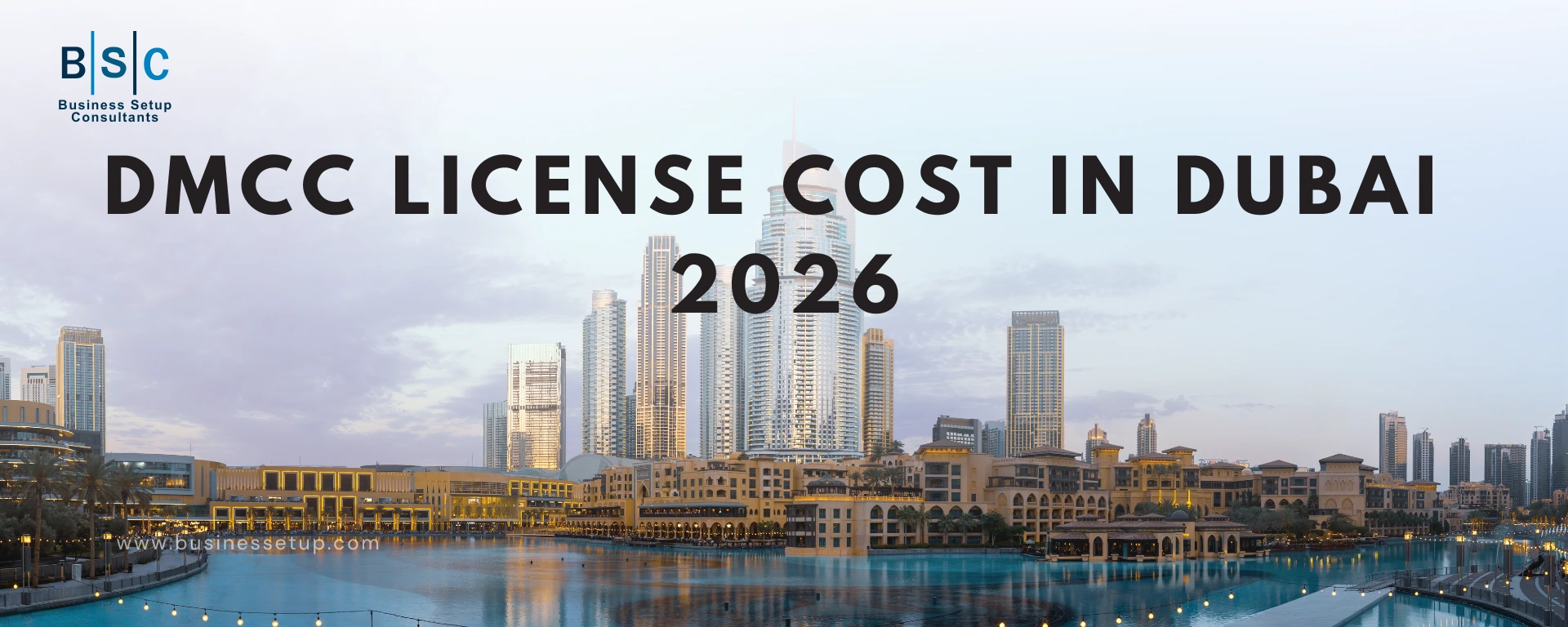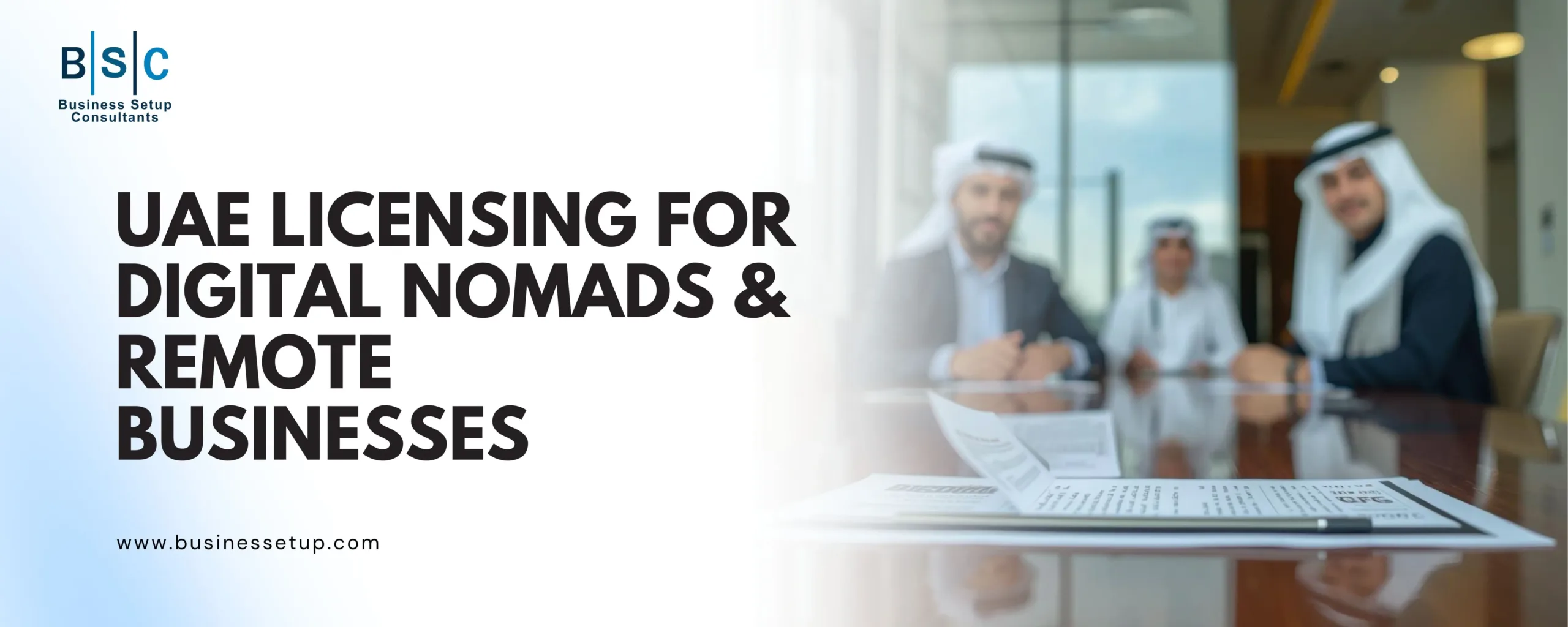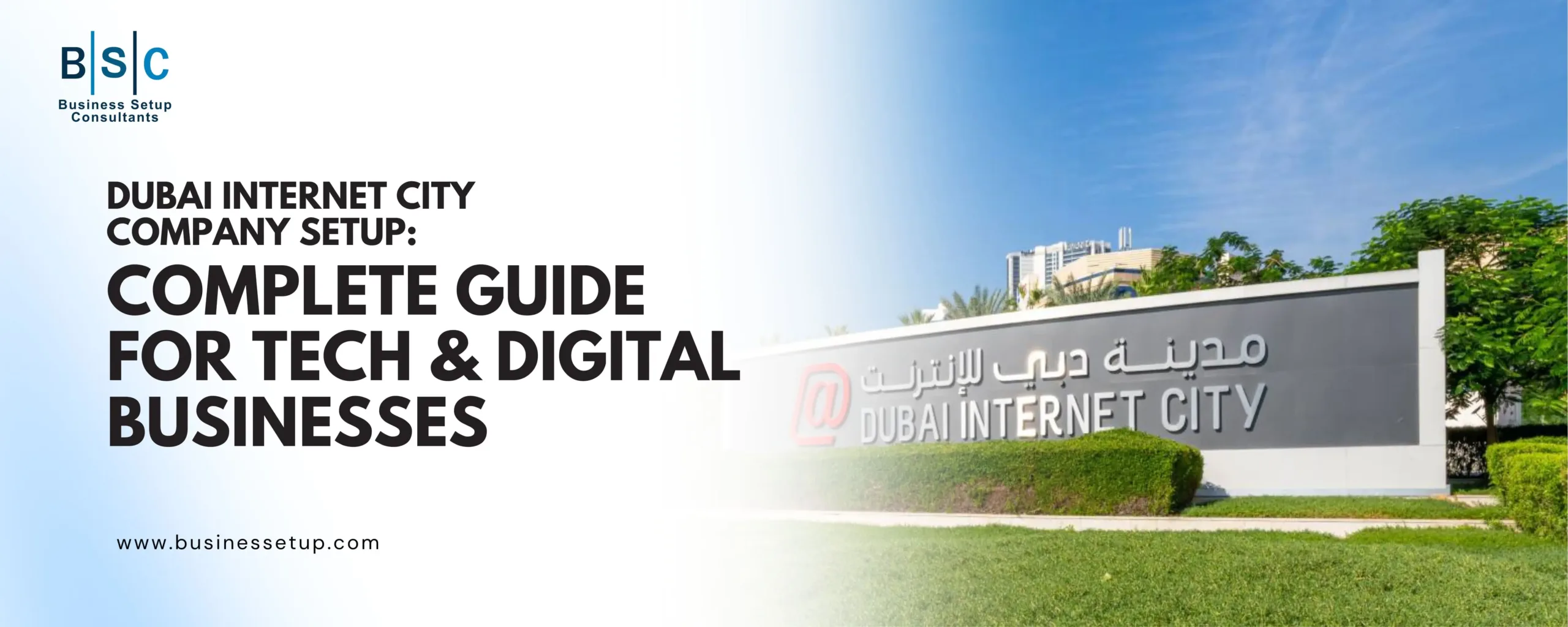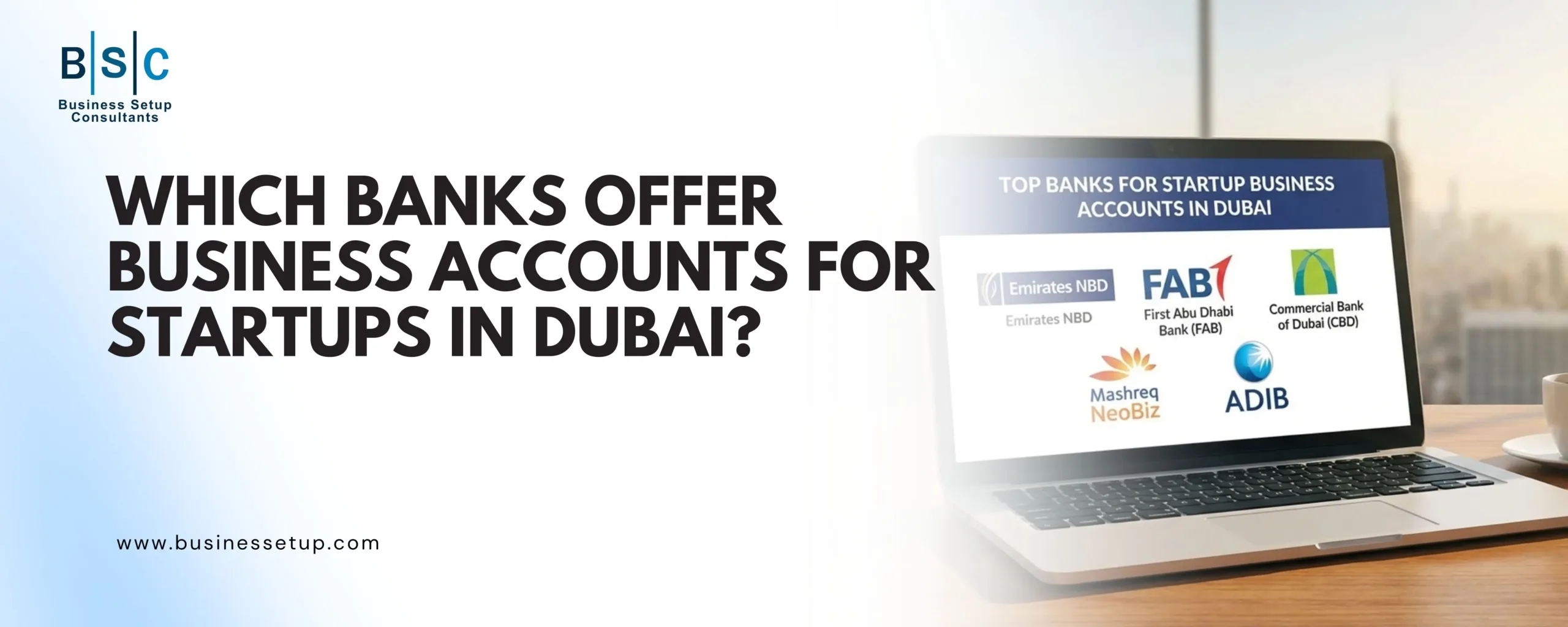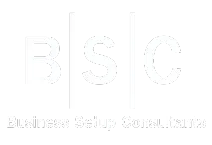
How to Start a Consultancy Company in Dubai Free Zone?
- The Ultimate Guide On How To Register A Consulting Company In UAE | Start a Consultancy Company in Dubai Free Zone?
- Choosing Your Business Structure: Mainland vs Free Zone
- Defining Your Business Activities: The Foundation of Your Consultancy
- Choosing the Legal Structure
- How To Register A Consulting Company: The Registration Process
- Features of Dubai Outsource Free Zone
The Ultimate Guide On How To Register A Consulting Company In UAE | Start a Consultancy Company in Dubai Free Zone?
UAE is the entrepreneurial nirvana for budding capitalists, because of its tax-free pro-business landscapes, free zones, and straightforward legal and commercial frameworks. New startups are highly encouraged by the region since it has started to establish its economic stability in the local and international markets. Existing trends in the market are offering a plethora of investment opportunities to foreign investors ranging from export and import to the formation of an incorporated business.
Consistent market changes and an influx of new technologies are demanding business owners to meet the existing and future requirements of these developments. This situation has significantly led to the necessity of qualified business consultant who has ample knowledge and experience in these ever-changing situations, so as to provide expert advice to their clients. Along these lines, starting a consultancy company in Dubai UAE means acquiring an extensive clientele base along with respective business provisions such as growth incentives and stable profits. Especially, starting up a consultancy business was found to be the most flourishing venture in Dubai. And what could be better than setting up this business in one of the Free Zones? We have put together all the information that you need to know before starting a consultancy firm in Dubai Outsource Free Zone.
Choosing Your Business Structure: Mainland vs Free Zone
The UAE offers a dynamic business environment, and for aspiring consultancy firms, selecting the right business structure is crucial. The two main options – Mainland and Free Zone – come with distinct advantages and considerations. Let’s delve into the key differences between them to help you make an informed decision.
Ownership Restrictions:
- Mainland: While 100% foreign ownership is now allowed for some mainland business activities, consultancy services may still require a local service agent (LSA). This LSA holds a specific percentage of shares (typically 49%) and acts as a sponsor for the company. There are ongoing fees associated with an LSA.
- Free Zone: Free zones offer significant advantages for foreign ownership. In most free zones, you can establish a consulting firm with 100% foreign ownership and full repatriation of capital and profits.
Tax Implications:
- Mainland: Consultancy services on the UAE mainland are generally subject to a 5% Value Added Tax (VAT) on services rendered. Additionally, depending on the emirate and specific business activity, there may be corporate income tax implications (currently at 0% for most mainland businesses, but subject to change).
- Free Zone: Free zones typically offer tax exemptions on corporate income and import/export duties. However, some free zones may levy a fixed fee or a minimal income tax. It’s essential to check the specific tax regulations of your chosen free zone.
Business Activities Allowed:
- Mainland: Mainland companies have greater flexibility in conducting business activities throughout the UAE. They can serve clients both within the emirate and across the country. However, some consultancy services may require additional licenses or approvals.
- Free Zone: Free zones typically restrict business activities to within the free zone itself. While some free zones allow limited operations outside the zone, it’s crucial to understand these limitations before registering.
Visa Regulations:
- Mainland: Obtaining visas for employees and partners can be more complex in the mainland. You will need to demonstrate the need for foreign expertise and potentially secure local employment visas for some roles.
- Free Zone: Free zones generally offer simpler visa processes for employees and partners. The specific requirements may vary depending on the free zone, but they often streamline the process compared to the mainland.
Choosing the Right Path
The ideal business structure depends on your specific needs. Here’s a quick breakdown to help you decide:
- Choose Mainland if: You require a wider operational scope across the UAE and prioritize direct access to the local market.
- Choose Free Zone if: You prioritize 100% foreign ownership, tax benefits, and a simpler visa process, even if your operations are limited to the free zone area.
It’s important to note that this is a simplified overview, and regulations can vary between emirates and free zones. Consulting with a business setup specialist familiar with the UAE’s legal landscape is highly recommended to ensure you choose the most suitable structure for your consulting company.
Defining Your Business Activities: The Foundation of Your Consultancy
The first step to registering your consulting company in the UAE is clearly defining the specific services you plan to offer. This seemingly simple step holds significant weight, as it determines the legal framework, licensing requirements, and even the jurisdiction (Mainland vs. Free Zone) best suited for your business.
Why Define Your Activities Clearly?
Precisely outlining your consultancy services offers several advantages:
- Streamlined Licensing: Different consultancy activities require different licenses. A clear definition helps ensure you obtain the correct business license for your operations, avoiding potential delays and legal issues down the line.
- Accurate Regulations: Knowing your specific activities allows you to understand the relevant regulations and compliance requirements that apply to your business.
- Targeted Marketing: Clearly defined services help you tailor your marketing message to attract the right potential client seeking your specific expertise.
Examples of Common Consulting Activities in UAE:
The consulting industry in the UAE is diverse, with professionals offering services across various domains. Some common consulting activities include:
- Management Consulting: Management consultant provides advice and solutions to improve organizational performance, strategy, operations, and processes.
- Financial Consulting: Financial consultant offers expertise in areas such as financial planning, investment advisory, risk management, and compliance.
- IT Consulting: Assisting businesses with technology solutions, software development, cybersecurity, and digital transformation.
- Human Resources Consulting: Guiding talent acquisition, training, compensation, and organizational development.
- Marketing and Sales Strategy Consulting: Sales and Marketing consultant supports businesses with branding, market research, marketing strategy, advertising campaigns, and sales strategies.
- Legal Consulting: Offering specialized advice on legal matters, contract drafting, and regulatory compliance.
- Engineering Consulting: Providing technical expertise in areas like construction, infrastructure, and project management.
These are just a few examples, and the specific business consulting services you offer should align with your expertise and target market.
The Role of Relevant Authorities
The Department of Economic Development (DED) in each emirate plays a crucial role in approving your business activities. It’s essential to ensure your chosen activities are listed within the DED’s approved list for consultancy services. In some cases, specific activities may require additional approvals from other government entities depending on the nature of your service.
For instance, offering legal consultancy services would require approval from the relevant legal authorities in the emirate you choose to operate from.
Choosing the Legal Structure
Selecting the right legal structure is a crucial decision for any aspiring large or small business owner in the UAE. It impacts everything from ownership and liability to taxation and fundraising capabilities. Here’s a breakdown of the four main legal structures available in the UAE, along with their key advantages and disadvantages:
Sole Proprietor / Proprietorship
Pros:
- Easiest and quickest to establish.
- Full ownership and control over the business.
- Lower administrative and compliance costs.
Cons:
- Unlimited liability: The owner’s assets are at risk for business debts and obligations.
- Difficulty raising capital: Limited access to external funding.
- Restricted growth potential: Expansion may be hampered by the limitations of a single owner.
Civil Company
Pros:
- Relatively simple structure compared to LLCs and Public Joint Stock Companies.
- Shared ownership and profits between partners.
- More flexibility in profit-sharing arrangements compared to an LLC.
Cons:
- Unlimited liability for all partners: Similar to a sole proprietorship, all partners’ personal assets are on the line for business debts.
- Difficulty attracting investors: Limited appeal to external investors due to unlimited liability.
- Potential for disputes: Profit-sharing disagreements and management conflicts can arise between partners.
Limited Liability Company (LLC)
Pros:
- Limited liability protection: Owners’ personal assets are shielded from business liabilities.
- Easier access to capital: LLCs can attract investors by offering limited liability and potentially flexible ownership structures.
- More suitable for growth: The LLC structure offers a more scalable framework for growth compared to sole proprietorships and civil companies.
Cons:
- More complex setup process compared to sole proprietorships and civil companies.
- Higher ongoing compliance costs than sole proprietorships.
- Profit-sharing limitations: Profit distribution is typically based on member percentage ownership, unlike the flexibility offered in a civil company.
Public Joint Stock Company (PJSC)
Pros:
- Ability to raise significant capital: PJSCs can issue shares to the public, attracting a large pool of investors.
- Limited liability protection for shareholders: Similar to LLCs, shareholders’ personal assets are protected.
- Increased brand recognition and credibility: Being a publicly traded company can enhance brand image and stakeholder confidence.
Cons:
- Most complex and heavily regulated structure: PJSCs face stringent regulations and reporting requirements.
- High setup and ongoing costs: Establishing and maintaining a PJSC can be significantly more expensive compared to other structures.
- Loss of control for founders: With public shareholding, founders may relinquish some control over the company’s direction.
How To Register A Consulting Company: The Registration Process
While the specific requirements may vary depending on the emirate and the nature of your consulting business, the general steps involved in company registration in the UAE are as follows:
Mainland Registration
If you choose to establish your consulting company in the UAE mainland, the registration process typically involves the following:
- Prepare the required documents, which may include:
- Passport copies of the shareholders/owners
- Detailed business plan
- Proof of office space (e.g., rental agreement)
- No Objection Certificate (NOC) from the local sponsor (for foreign ownership)
- Board resolution (for companies)
- Obtain approval from the Department of Economic Development (DED) or the relevant local economic department. The DED plays a crucial role in regulating business activities, issuing trade licenses, and ensuring compliance with local laws and regulations.
- Depending on your specific consulting activities, you may need to obtain additional approvals or licenses from other relevant authorities. For example:
- The consulting service related to finance or investment may require approval from the Securities and Commodities Authority (SCA).
- Healthcare consulting services may need approval from the Dubai Health Authority (DHA) or similar bodies in other emirates.
- Engineering consulting firms may require approval from the local municipality or other relevant authorities.
Free Zone Registration
Many entrepreneurs and investors choose to set up their consulting companies in one of the numerous free zones in the UAE due to the simplified registration process and other benefits offered by these zones.
- The registration process in free zones is generally more streamlined and efficient compared to the mainland. Most free zones offer dedicated business setup services and assistance to entrepreneurs.
- Each free zone has its own Free Zone Authority that oversees the registration process, issues licenses, and regulates business activities within its jurisdiction. For instance:
- Dubai Multi Commodities Centre (DMCC) Free Zone Authority
- Dubai Silicon Oasis Authority (DSOA)
- Dubai Airport Free Zone Authority (DAFZA)
- The Free Zone Authority will guide you through the registration process, which typically involves submitting the required documents (such as passport copies, business plans, and proof of funds), paying the applicable fees, and obtaining the necessary licenses and approvals.
It’s important to note that while the free zone registration process is generally more straightforward, you may still need to obtain additional approvals or licenses from relevant authorities if your consulting services fall under regulated domains.
Features of Dubai Outsource Free Zone
Before knowing about the requirements of setting up a consultancy company in the Dubai Outsource Free Zone (DOFZ) , let’s have a quick look at its features first. Dubai Outsource Free Zone is a specialized economic zone, which intends to gather leading organizations and individuals of the consultation industry in one place while offering premium standards of services and infrastructure. Registering and setting up a consultancy company in Dubai Outsource Free Zone is a great opportunity for doing business in a tax-free dominion along with economic stability and legal protection. Major types of business activities that are established in Dubai Outsource Free Zone include Professional Consulting Services, Outsourcing Services, Professional Training, and Remote Outsourcing Services.
How to Set Up a Consultancy Company in Dubai Free Zone?
- To set up a consultancy company in Dubai Outsource Free Zone, you first need to come up with a company name (must not be already registered with DOFZ), so that you can register your business with DOFZ.
- Once you settled on the name, you need to apply for registration in order to acquire a Professional Service License (PSL) from the DOFZ authority. This will give you the opportunity to offer your professional consulting services to your clients.
- A professional Service License will allow you to enjoy 100% ownership and capital repatriation, however, you need to have a Local Sponsor/Local Service Agent (LSA) i.e. business partner to acquire PSL.
- You can have LSA as a sleeping partner in your business which means he will not have any authority or say in business matters and profitability and also cannot hold any shares of the business.
How Can We Help to Start a Company in a Free Zone?
We are a leading business consultancy company in Dubai with a reputation for assisting various clients in setting up their businesses across the region. If you want to set up a successful consulting business or firm in Dubai Free Zone, then BSC can help you with the license acquisition, and register your consulting and business setup procedures. Please take a moment to talk to our experts who are available at your service just a call away.
Contact us directly at +971 4 4301245 or by sending us an email at info@businessetup.com. You can also leave a message on the contact page.


